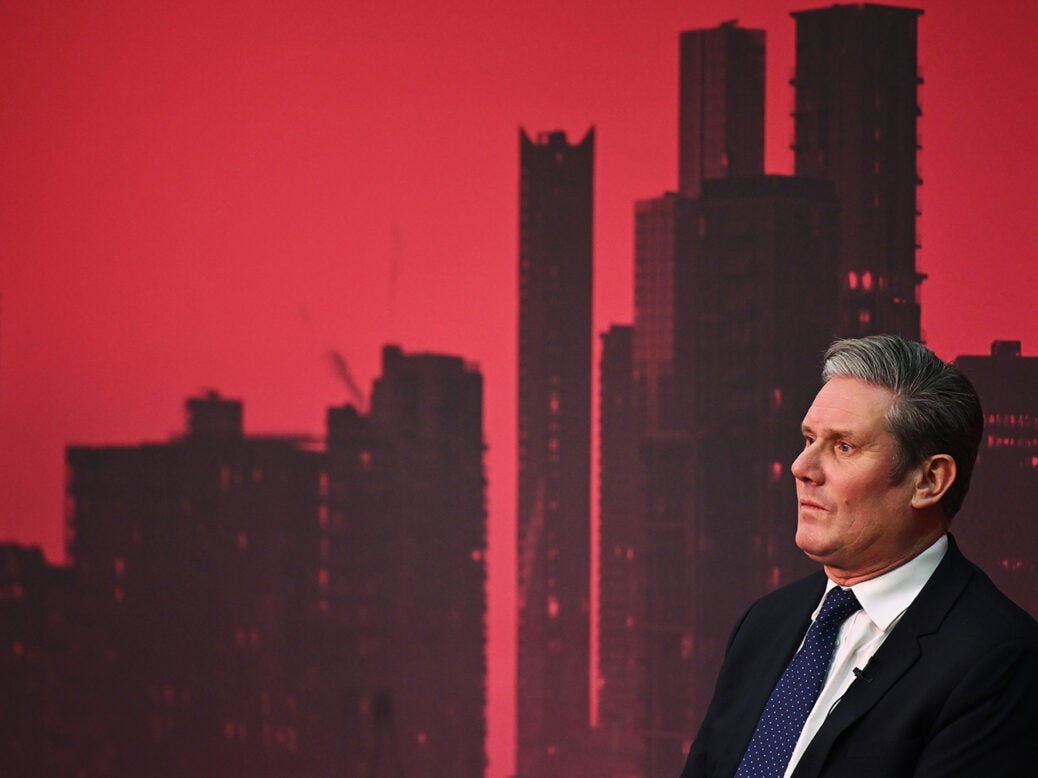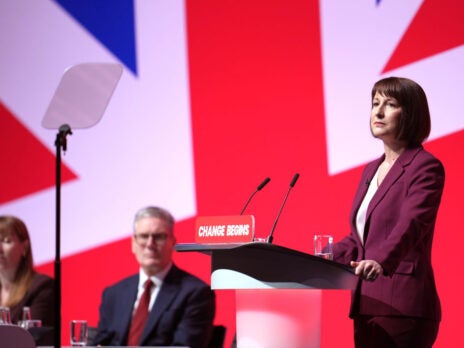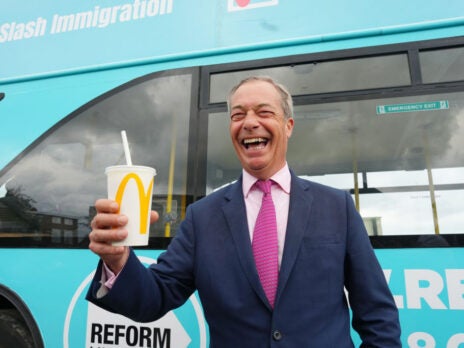
Being trusted to run the economy has been, and will probably always be, a byword for competence, being trust to keep the lights on. Immigration, Covid, the NHS – these have had their ups and downs as political issues. The economy is king, and leading on it is the most important thing for a political party.
From 2007 to 2022 the Conservatives maintained an uninterrupted, unshaken lead when voters were asked who they most trusted on the economy. In 1992, while the Tories trailed Labour in the opinion polls, it was they held firm on the economy. Labour’s trust on the issue was nonexistent; it had faded with the end of Margaret Thatcher’s rule and the infamous poll tax. This undoubtedly contributed to the Conservatives’ victory in the election that year.
Leading on the economy is one thing, but what does “the economy” actually mean to people? To stockbrokers, it’s the markets. To the unemployed, it’s job creation. To landlords, it’s house prices.
To the British public, as borne out in polling in the aftermath of the financial crash, it was once about debts, deficits and GDP figures. When he was prime minister, David Cameron repeatedly spoke of “dealing with our debts”, “cleaning up the mess left by the last lot” and taking “difficult decisions”. It worked for the Conservatives in 2010, then in 2015. It shaped public attitudes, and much of the media communicated this view of the economy too.
This idea that the economy means “balancing the books” and cutting back on public spending determined which party was seen as best-placed to run it. By 2021, however, circumstances were changing. Fuel bills were on the rise. The squeeze was being felt beyond those on the margins. “Debt” and “deficit” were replaced with prices in shops and the availability of work.
Now, as 2023 begins, exclusive polling for the New Statesman by Redfield & Wilton Strategies reveals that this shift has intensified. Voters see the economy increasingly through the lenses of inflation and interest rates, not debt and deficits.
While in December 2021 44 per cent of people associated the economy with government spending decisions, just 32 per cent do now. For the budget deficit the association, already low in 2021 at 29 per cent, has fallen to 21 per cent.
Interest rates, meanwhile, have increased in importance to perceptions of the economy. In 2021 32 per cent of Brits associated the two. Now it’s 42 per cent. House prices have risen up the agenda too, though not by as much.
The primary driver remains shop prices, up nine percentage points since 2021 to 60 per cent. It cannot be understated how significant these shifts are compared with a decade ago. They represent a reset of the debate; they have helped Labour to achieve its lead in the opinion polls.
For over a decade the Tories have been able to campaign on the economy on their own terms – first in opposition, then in government. They are still trying to use the same rhetoric now but events have taken over. They are losing the argument, and probably with it the next election.
Redfield & Wilton Strategies polled a weighted sample of 1,500 eligible voters in Great Britain on 11 January 2023 for the New Statesman.
[See also: Where does Britain stand on strikes?]


